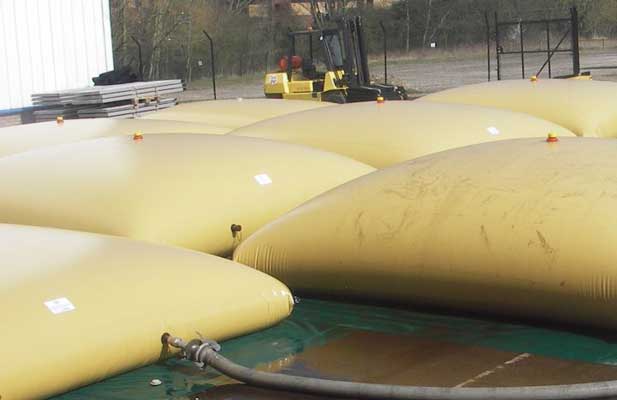What To Consider Before Buying Bladder Tank?
In industrial sectors, storage tanks play a vital role. A bladder tank is one of the commonest ways to store liquids, like petrol, water, and chemical mixtures.
A frac tank bladder is a common and useful application that is economic as well as efficient. The principal of buoyancy and the science behind it makes it possible for these tank bladders to operate. They are essentially used for hydraulic fracturing and are collapsible in nature.
A normal frac tank is big and steel manufactured container that stores and supplies the water into the drill hole, then dislodge a layer of earth by causing a fracture and eventually keep the fracture open. Inflatable tunnel pipe plugs are subsequently used to further the process.
A lot of qualified suppliers are investing in state-of-the-art equipment to manufacture the frac tanks needed to meet the rising demands of industry. You need to keep a few things in mind wile purchasing a bladder tank as they come in all types, sizes and shapes.
• What is the kind of project being undertaken: This is the most important thing to consider, yet most people hardly give it a second thought. The requirements of the site, the kind of liquid being stored, as well as the time and amount that the fuel or liquid will be stored are the three questions you should ask yourself. If you are an investor without knowledge of the process, consider professional opinion prior to purchase.

• Different types of bladder bags: each bag is composed of a different fabric specially designed to work best with the kind of liquid in question. Mainly, they are chemical, aqua and petrol.
• Online research: with the internet enmeshed in our lives, a few minutes on Google will help you form an idea of different varieties and prices. As a bonus there are very helpful FAQ’s that answer common doubts. Do a bit of digging and choose the right stuff to get the job done.
• Meet suppliers: Meet suppliers and have a talk but do not commit until you have done the rounds. Purchase stock from suppliers who have genuine industry specific stock and also discuss requirements and other possible options.
• Maintenance to industry codes: This is a must. All equipment must adhere to the codes and specs as laid down by the industry and the tanks should have MIL specifications or the NSN number on it.
Always remember that you are dealing with engineering equipment, subject to the laws of physics and chemistry. Maintenance checks are recommended, however if there is conformity to industry codes and specs, you shouldn’t have much trouble with them.
